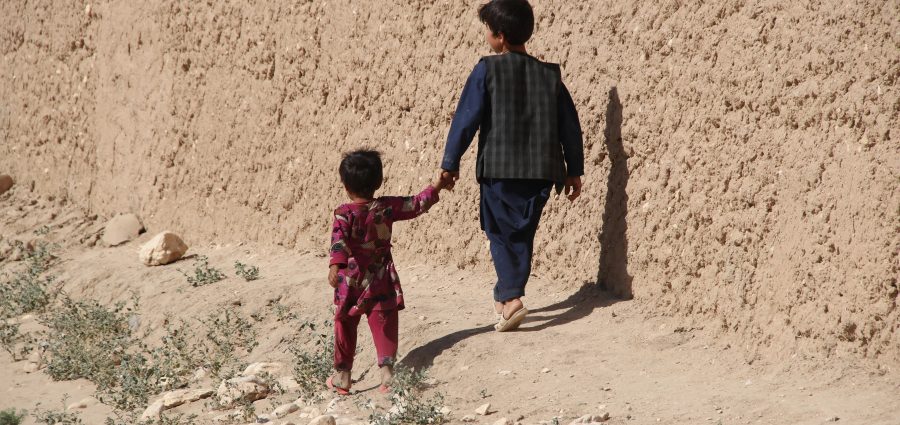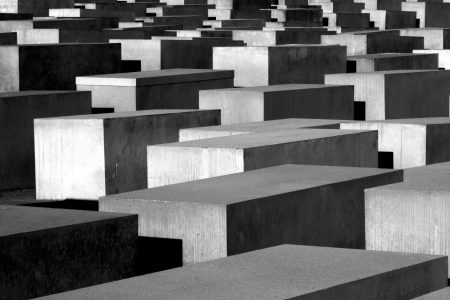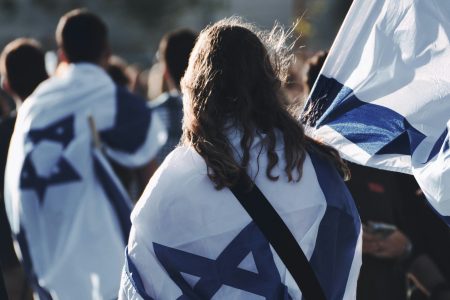Few subjects expose the hypocrisy and corruption of Afghanistan’s ruling classes more than Bacha Bazi, which translates to “boy play.” Behind the veil of cultural relativism and failed excuses, this practice is nothing less than institutionalized child rape, pedophilia, and human trafficking. For decades, powerful men in Afghanistan — warlords, militia leaders, corrupt officials, and even members of the police and military — have engaged in the systematic sexual abuse of young boys, while presenting themselves as defenders of morality and religion.
This practice is not a cultural curiosity, nor is it a misunderstood tradition. It is evil, predatory, and destructive. And yet, despite being illegal under Afghan law and condemned internationally, it continues — protected by the very same people who claim to enforce law and order.
What Is Bacha Bazi?
Bacha Bazi involves the kidnapping, purchasing, or coercion of young boys, usually between the ages of 10 and 18. These boys are often poor, orphaned, or vulnerable, making them easy targets for exploitation. They are dressed in women’s clothing, trained to dance at male-only gatherings, and then subjected to repeated sexual abuse by their “owners.”
When they are no longer desirable — usually once they begin to grow older — they are cast aside, stigmatized, and left with deep trauma. Some end up on the streets, addicted to drugs, or even recruited as fighters by extremist groups who exploit their broken lives.
Hypocrisy in Afghanistan
Here lies the central hypocrisy: Islam strictly forbids homosexuality, rape, and sexual exploitation of children. Afghan leaders publicly denounce such acts, yet many of those in positions of power have either engaged in Bacha Bazi or turned a blind eye to it.
Reports from the United Nations and human rights groups have documented Afghan police and military officers not only tolerating the practice but actively participating in it. In some regions, commanders kept boys as “status symbols,” parading them as possessions to display wealth and power.
Meanwhile, everyday Afghans who genuinely live by moral and religious values despise the practice. But their voices are drowned out by elites who shield themselves with influence, violence, and corruption.
The Taliban’s Role
During their original rule (1996–2001), the Taliban publicly claimed to crack down on Bacha Bazi. They executed some perpetrators and portrayed themselves as eradicators of moral corruption. But reports suggest the crackdown was uneven, and in many cases selective — punishing rivals while shielding loyalists.
Since returning to power in 2021, the Taliban again promised to stamp out the practice. However, accounts from locals and activists indicate that Bacha Bazi persists underground. Just like before, it thrives because the men at the top — whether warlords, officials, or commanders — are the very ones engaging in it.
International Condemnation
The international community has repeatedly labeled Bacha Bazi as one of the worst forms of child abuse in the modern world. The United Nations has linked it directly to child trafficking and sexual slavery. The U.S. State Department has documented Afghan officials who not only failed to stop it but sometimes punished whistleblowers instead of abusers.
In 2010, a shocking report revealed that U.S. troops stationed in Afghanistan were ordered not to interfere when Afghan police engaged in Bacha Bazi, under the guise of “respecting local culture.” This disgraceful policy shows how political correctness and cowardice can allow abuse to flourish.
The Consequences for Victims
The scars left on victims are lifelong. Survivors of Bacha Bazi often struggle with:
- Severe trauma and PTSD from years of abuse.
- Stigma and shame from being associated with the practice, even though they were victims.
- Addiction and homelessness, with many turning to drugs to cope.
- Exploitation by extremists, who recruit discarded boys with promises of belonging and revenge.
Instead of being protected and nurtured, these boys are robbed of their childhood, stripped of dignity, and left to survive in a society that often blames them for their own abuse.
Why It Continues
Bacha Bazi endures in Afghanistan for three key reasons:
- Corruption and power — The men involved are the ones in charge, and no one dares hold them accountable.
- Cultural silence — Ordinary citizens fear retribution if they speak out, and many victims stay silent out of shame.
- Weak law enforcement — Though illegal on paper, the law is not enforced when perpetrators are influential.
In short, Afghanistan’s elites maintain a double standard: they project religious piety publicly while privately engaging in one of the most perverse and criminal acts imaginable.
Conclusion
Bacha Bazi is not “tradition,” it is not “culture,” and it certainly is not a misunderstood practice. It is child rape, slavery, and abuse dressed up as entertainment. It survives in Afghanistan because corrupt men in power protect it, while the world has too often looked the other way.
A truly moral society would eradicate this practice, punish those responsible, and restore dignity to the victims. But as long as corruption, hypocrisy, and cowardice prevail, the suffering of Afghan boys will continue in the shadows.
The truth is simple: Bacha Bazi is one of the most shameful stains on Islam and Afghanistan’s modern history, and no amount of excuses or cultural relativism can erase that.
Featured image credit: DepositPhotos.com








